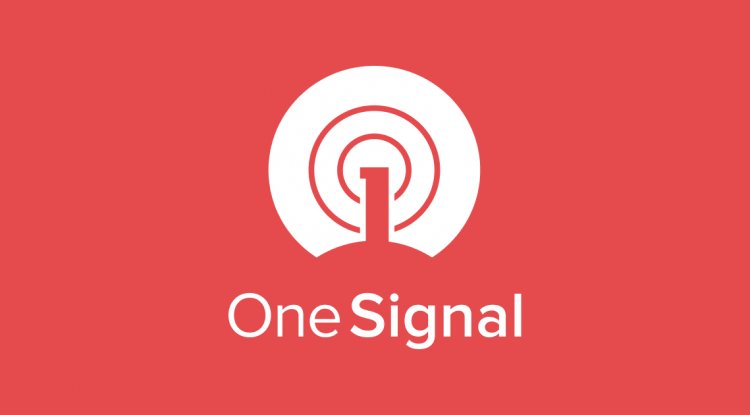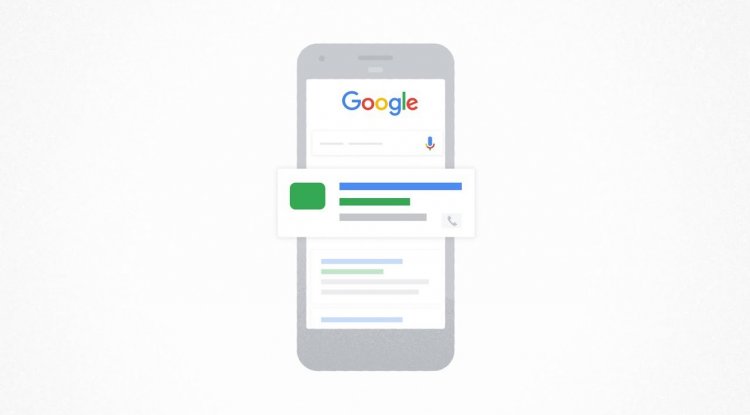It's time to stop obsessing over celebrities' sexualities
A 'New York Times' editor recently speculated about Taylor Swift's sexuality, leading to backlash. It's time to stop speculating about celebrities' sexualities.


Last week, the New York Times published an op-ed on superstar Taylor Swift titled, "Look What We Made Taylor Swift Do." In it, Times Opinion editor Anna Marks opines that Swift isn't the straight LGBTQ ally she claims to be but rather queer herself. Marks supports her argument by rehashing observations that fans on the r/GaylorSwift subreddit and elsewhere on the internet have discussed openly for years.
Since the piece dropped, social media platforms like X and TikTok have been flooded with reactions — and by and large, backlash. Someone close to Swift commented to CNN, saying, "Because of her massive success, in this moment there is a Taylor-shaped hole in people's ethics. This article wouldn't have been allowed to be written about Shawn Mendes or any male artist whose sexuality has been questioned by fans."
That's not exactly true; Marks, the same writer of this op-ed, wrote about Harry Styles's sexuality for the Times back in 2022. The point remains, even more so: It's time to stop obsessing over celebrities' sexualities.
I'm saying this as someone guilty of doing this — though I'm not writing 5,000-word Times opinion pieces on my theories. Maybe because I am bisexual, I am more ready and eager to think someone is queer like me based on very little: how they dress or speak or carry themselves. Conversely, because I'm queer, I know that queerness isn't a certain look or mannerism. There's the rub. GLAAD reported that the number of LGBTQ characters on streaming TV for the 2022-2023 season slightly dipped from the year prior; when queer people lack representation in media, they may look for it somewhere else.
The reality is, I'm often wrong in my assumptions, especially if they're rooted in stereotypes of the queer community (i.e. wearing cuffed jeans means you're bi, or waving around pride flags means you're more than an ally).
I understand the urge to speculate, which in itself isn't good or bad. Speculation becomes harmful, however, when it reaches a crescendo like this. As Swift's associate told CNN, "There seems to be no boundary some journalists won't cross when writing about Taylor, regardless of how invasive, untrue, and inappropriate it is — all under the protective veil of an 'opinion piece.'"
We have a cultural obsession with celebrities, and the spillover fixation over their sexualities is a symptom of it. Plus, Swift is arguably the most-talked-about celeb right now, off the heels of the Eras Tour and the Eras Tour movie, as well as her much-publicized relationship with Kansas City Chiefs tight end Travis Kelce. Further, throughout her career, Swift has dropped "Easter eggs" — clues, like capitalizing certain letters in her lyric book and painting her nails distinct colors, that hint at secret messages or what's to come from her music — that turn fans into detectives, looking for the hidden meaning in everything she does and says.
These factors have created a perfect storm of conjecture that the biggest pop star is queer but not out. Marks attempts to justify her speculation, writing, "[T]he stories that dominate our collective imagination shape what our culture permits artists and their audiences to say and be. Every time an artist signals queerness and that transmission falls on deaf ears, that signal dies. Recognizing the possibility of queerness — while being conscious of the difference between possibility and certainty — keeps that signal alive."
Marks is essentially accusing Swift of "queerbaiting," a term meant for media that's been grafted onto real-life people in recent years. Queerbaiting is when writers and producers of TV and film tease that the show will feature a canonical queer relationship but fail to deliver.
What is Marks really saying, here? That Swift owes us a coming-out because she "signals queerness"? Because she's dyed her hair with the colors of the bi flag and wore rainbow dresses? Even if Swift is queer, coming out isn't something to force or coerce. It's an act that is supposed to be on someone's own terms.
If Taylor Swift ever did come out as bi, I know what'd happen as a bi woman myself: People would scrutinize every relationship she's had, even more so than they do now. They'd accuse her of not really being bi because of all the men she dated. She'd be added to the list of "bi celebrities who've never [publicly] dated someone of the same gender." She'd face homophobia and biphobia the likes of which we haven't seen because of her megastar status.
Should this be the case? Of course not — but that's the world we live in. To come out in America in 2024 is to obtain much more support than one would in decades past, yes, but also to face an ungodly amount of bile.
What's more is that Marks comments on the "stories that dominate our collective imagination" without naming one out musician that has actually dominated queer culture the past couple of years: Boygenius (Julien Baker, Lucy Dacus, and Phoebe Bridgers); Janelle Monáe; MUNA; girl in red; Hayley Kiyoko; Fletcher; Reneé Rapp; Kehlani; and King Princess, to name a few. We don't need to hem and haw over Swift's sexuality when out and proud people already make music.
Also, perhaps most importantly: Celebrities aren't going to liberate us. Taylor Swift being queer wouldn't eradicate homophobia or biphobia, nor stop the onslaught of anti-LGBTQ legislation (mostly aimed at trans people) introduced in the last year. For lasting change, we need to build community and uplift the most marginalized of us.
I understand the want for a huge celebrity — maybe even your favorite — to be on your "team." To spread rumors in the paper of record (that have already proliferated the internet for years), however, isn't justifiable. You need to calm down.
What's Your Reaction?





















